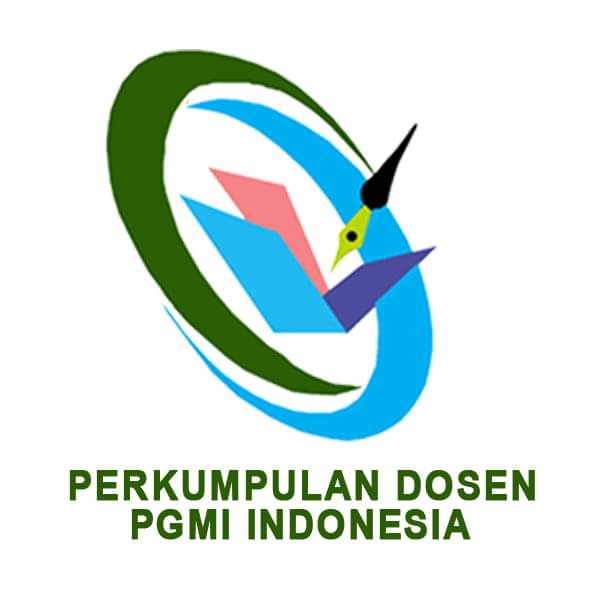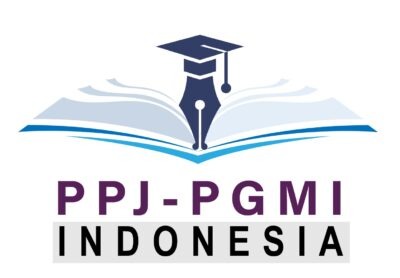Screaning Plagiarism
The Editorial Team of Passikola: Jurnal Pendidikan Dasar & Madrasah Ibtidaiyah, recognizes that plagiarism is unacceptable and therefore establishes the following policy stating specific actions (penalties) if plagiarism is identified in an article submitted for publication in Passikola: Jurnal Pendidikan Dasar & Madrasah Ibtidaiyah.
Passikola: Passikola: Jurnal Pendidikan Dasar & Madrasah Ibtidaiyah, is committed to maintaining high standards of academic integrity. We prohibit any form of plagiarism, including direct copying, paraphrasing without proper attribution, and the use of ideas or findings without appropriate acknowledgment. Any article submitted for publication must be the author's original work and free from plagiarism.
Plagiarism is defined as the act of taking or using someone else's work, either partially or completely, without giving valid credit or recognition. This includes quoting, copying, or recycling text, data, tables, images, or ideas without proper permission or citations. Any use of other sources must be done in a transparent manner and in accordance with applicable citation guidelines.
Each submitted article will go through a plagiarism check process using trusted plagiarism detection software. For Plagiarism Scanning, the journal uses the Turnitin application with a maximum plagiarism rate of 25%. This check aims to ensure that the article received is an original work and does not violate copyright or the academic code of ethics. All authors are obliged to check and ensure that their work is free of plagiarism before submission.
If evidence of plagiarism is found in the submitted article, the journal editor will assess the level of violation. Articles that are proven to contain plagiarism will be returned to the author for revision or, in more serious cases, rejected for publication. If plagiarism is found after the article has been published, the journal reserves the right to withdraw the article and notify the reader publicly.
Authors are solely responsible for the authenticity of the work they submit to this journal. They are required to include correct and complete citations for all sources used in their research, whether it is a direct quote or an idea inspired by the work of others. Failure to meet this obligation will be considered a violation of the journal's plagiarism policy.
Authors who are proven to have committed plagiarism may be subject to strict sanctions, including article retraction, restriction on future article submissions, or reporting to the relevant academic institution. We affirm that academic integrity is a top priority and there is no tolerance for plagiarism in the publication of this journal.








